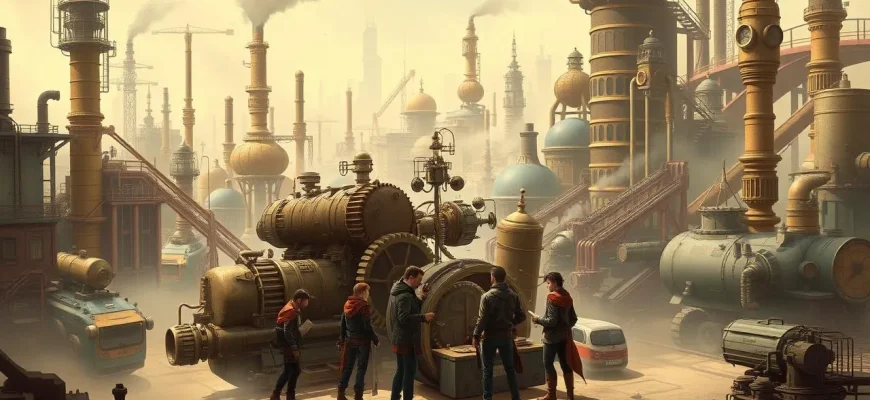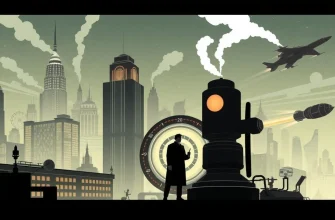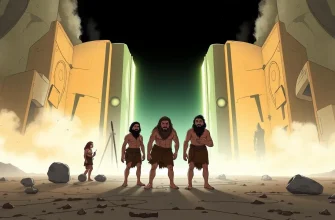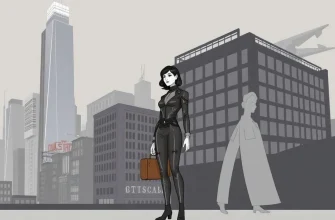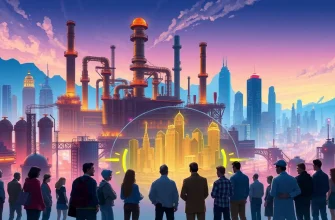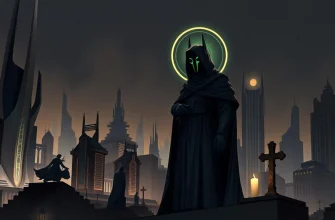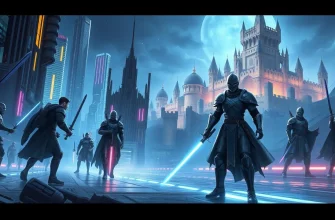The Industrial Revolution was a time of immense change, where steam power and mechanization transformed society. These films blend the historical backdrop of this era with imaginative science fiction elements, creating a unique cinematic experience. Whether it's exploring alternate histories or imagining how technology could have evolved differently, these movies offer a fascinating look at what might have been if the Industrial Revolution had taken a turn towards the fantastical.

Metropolis (1927)
Description: Although set in the future, this silent film captures the essence of the Industrial Revolution with its portrayal of a dystopian city powered by machines and the stark division between the working class and the elite.
Fact: It was one of the first feature-length science fiction films and influenced many future sci-fi movies.
 Watch Now
Watch Now 
The Time Machine (1960)
Description: While the protagonist travels far into the future, the film's opening scenes depict Victorian London, showcasing the era's technological marvels and setting the stage for the time travel narrative.
Fact: The film was nominated for an Academy Award for Best Special Effects.
 Watch Now
Watch Now 
Brazil (1985)
Description: This dystopian satire features a bureaucratic society where technology has gone awry, reflecting a twisted version of the Industrial Revolution's legacy with its emphasis on machinery and control.
Fact: The film was directed by Terry Gilliam and has become a cult classic for its dark humor and critique of bureaucracy.
 Watch Now
Watch Now 
The City of Lost Children (1995)
Description: This surreal film blends elements of steampunk with a dystopian setting, where a mad scientist uses steam-powered machines to steal children's dreams, reflecting the darker side of industrial progress.
Fact: The film was co-directed by Jean-Pierre Jeunet and Marc Caro, known for their unique visual style.
 Watch Now
Watch Now 
The League of Extraordinary Gentlemen (2003)
Description: This film brings together iconic literary characters from the Victorian era, including Captain Nemo, who invents a submarine powered by steam, showcasing an alternate history where the Industrial Revolution leads to extraordinary technological advancements.
Fact: The film was based on a comic book series by Alan Moore, and Sean Connery's last on-screen role before retiring from acting.
 Watch Now
Watch Now 
Steamboy (2004)
Description: Set in an alternate 19th century, this anime film follows a young inventor who discovers a mysterious steam ball, leading to a battle over its control, highlighting the potential and dangers of steam technology.
Fact: It was one of the most expensive Japanese animated films ever made at the time of its release.
 Watch Now
Watch Now 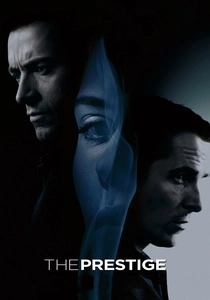
The Prestige (2006)
Description: Set in the late 19th century, this film delves into the world of magic and illusion, with a subplot involving Nikola Tesla, whose inventions could have revolutionized the Industrial Revolution if they had been realized.
Fact: The film features a real-life rivalry between Nikola Tesla and Thomas Edison, albeit fictionalized.
 Watch Now
Watch Now 
Hugo (2011)
Description: While not strictly sci-fi, Hugo explores the magic of early cinema and the mechanical wonders of the time, with a young boy living in a train station filled with clockwork automatons, reflecting the era's fascination with machinery.
Fact: The film was directed by Martin Scorsese and won five Academy Awards, including Best Visual Effects.
 Watch Now
Watch Now 
The Imaginarium of Doctor Parnassus (2009)
Description: While not strictly about the Industrial Revolution, the film's setting includes elements of Victorian London, with fantastical elements and a magical mirror that reflects the era's fascination with the unknown and the mystical.
Fact: Heath Ledger's final film, with his role completed by Johnny Depp, Jude Law, and Colin Farrell after his untimely death.
 Watch Now
Watch Now 
The Difference Engine (1990)
Description: This film, based on the novel by William Gibson and Bruce Sterling, imagines a world where Charles Babbage's Analytical Engine was completed, leading to a steampunk version of the Industrial Revolution with advanced computing.
Fact: The film was never officially released due to legal issues, but its concept has inspired many steampunk works.
 30 Days Free
30 Days Free 
